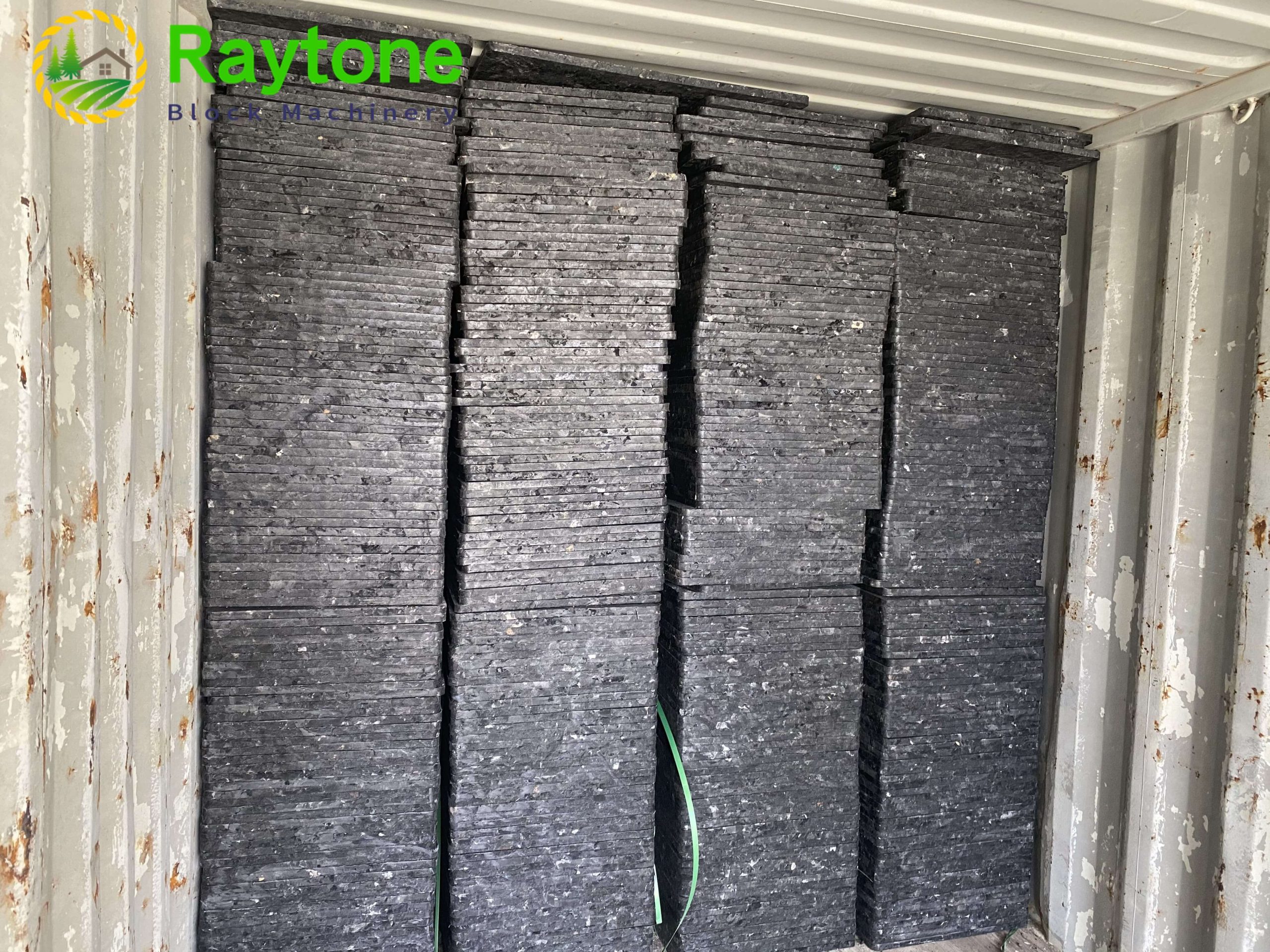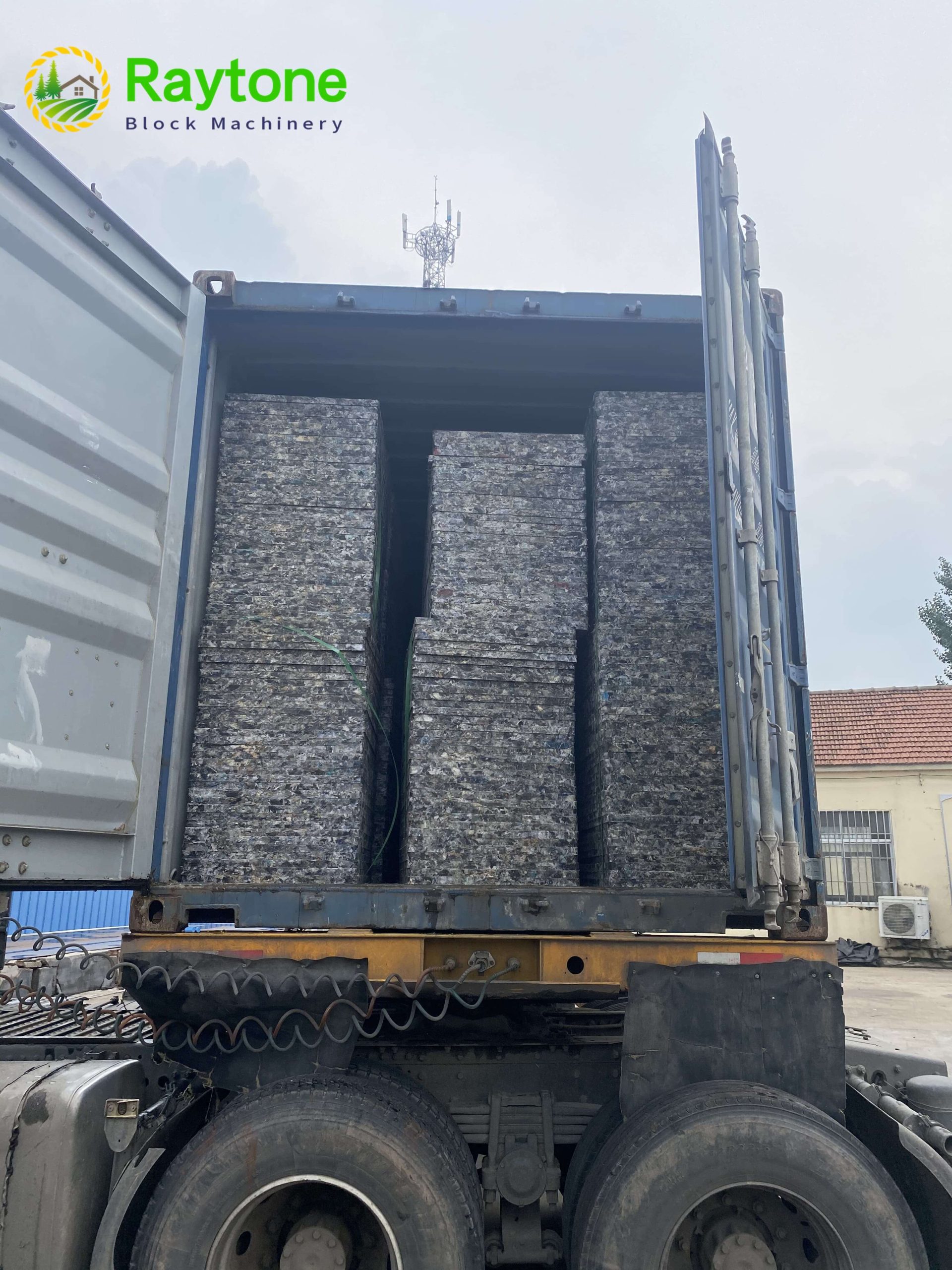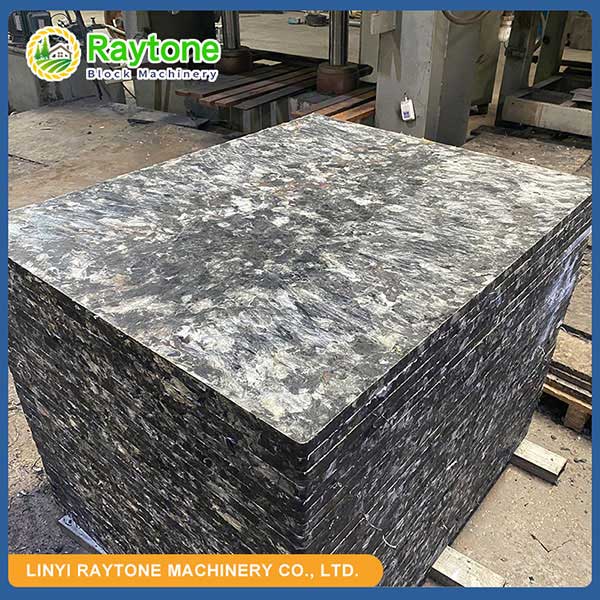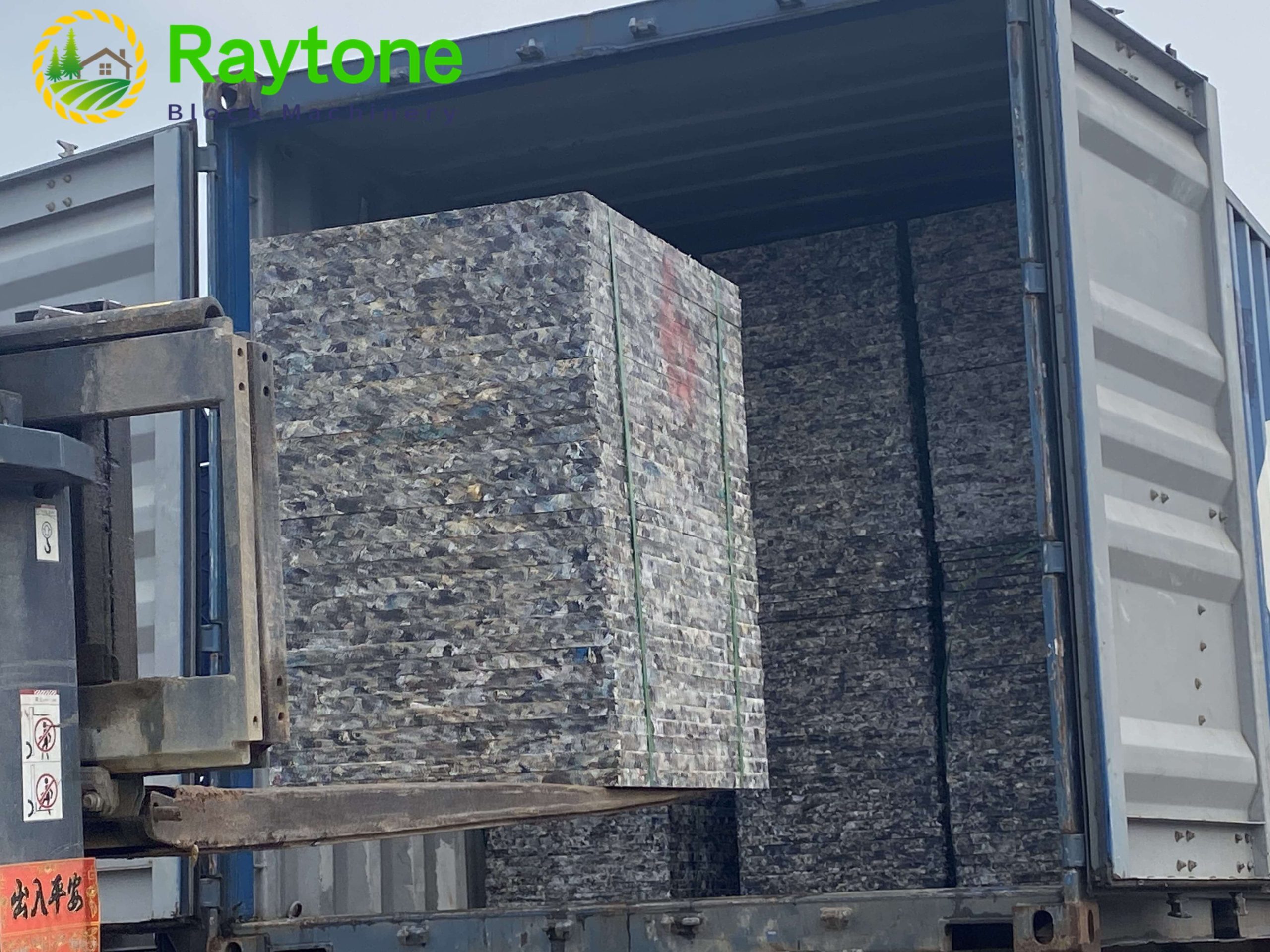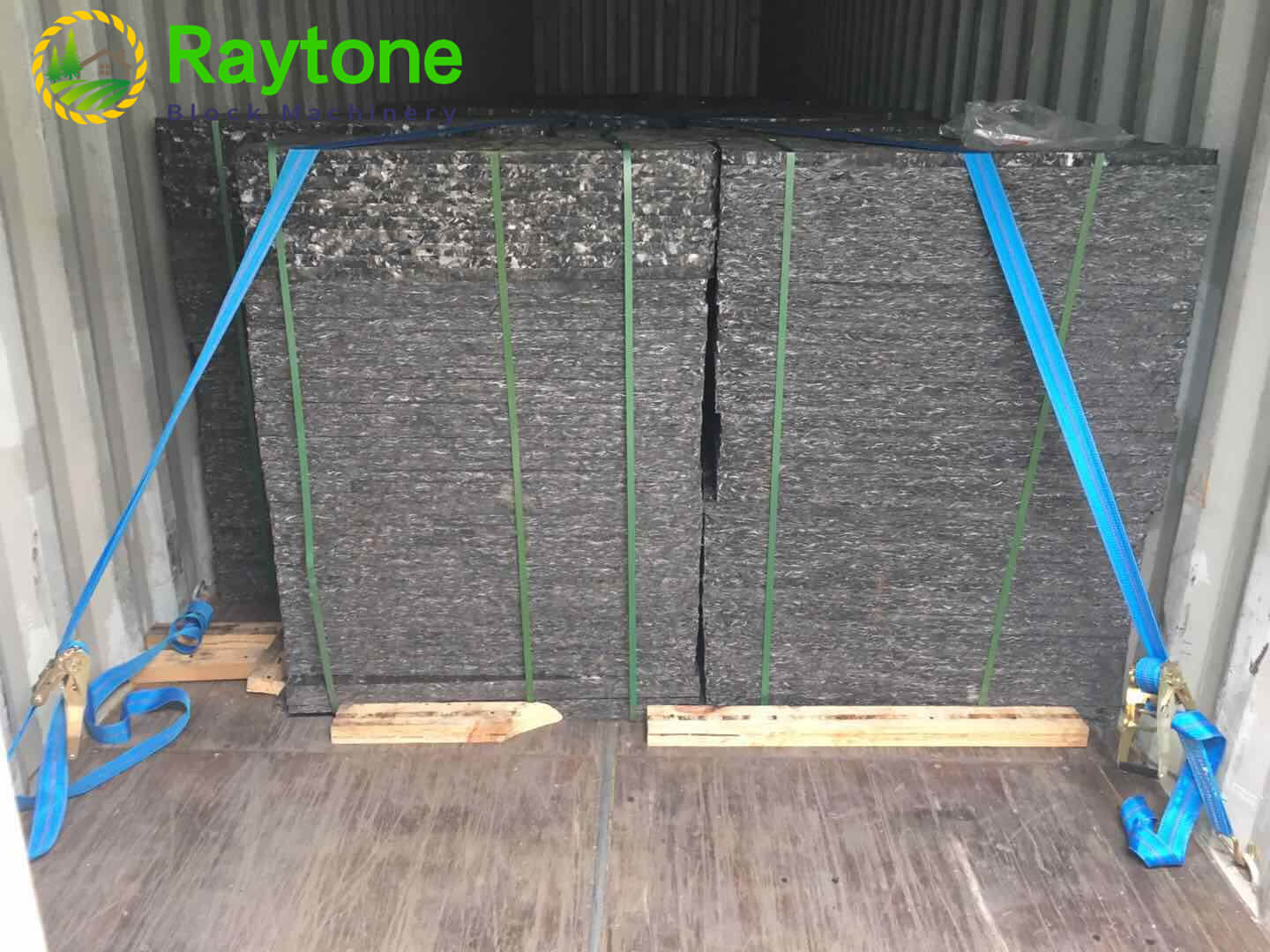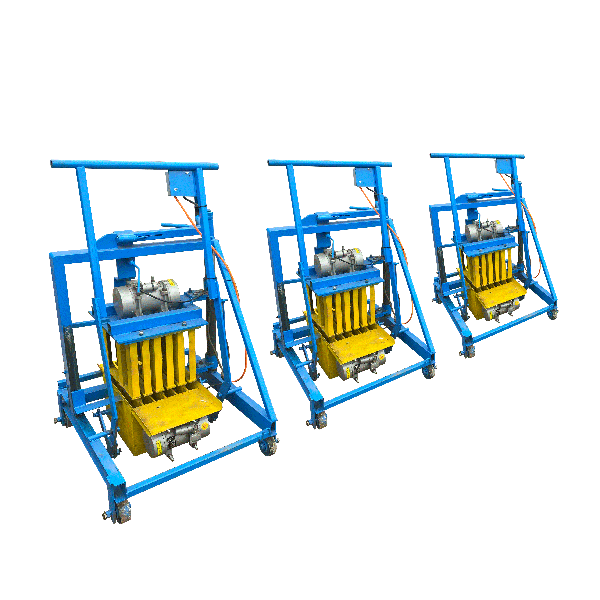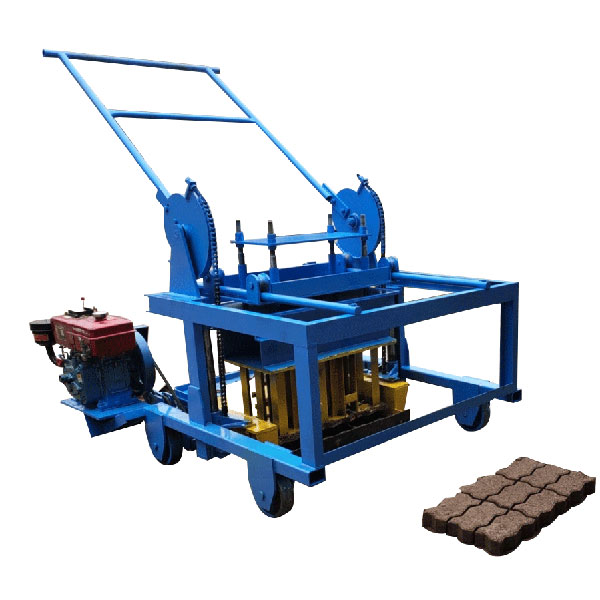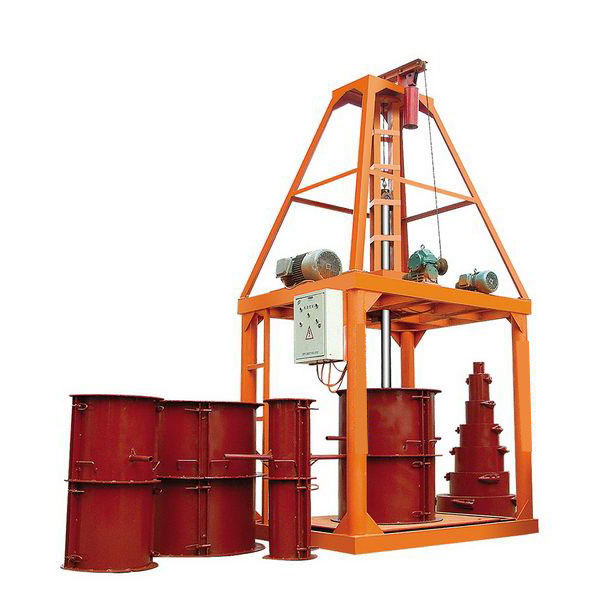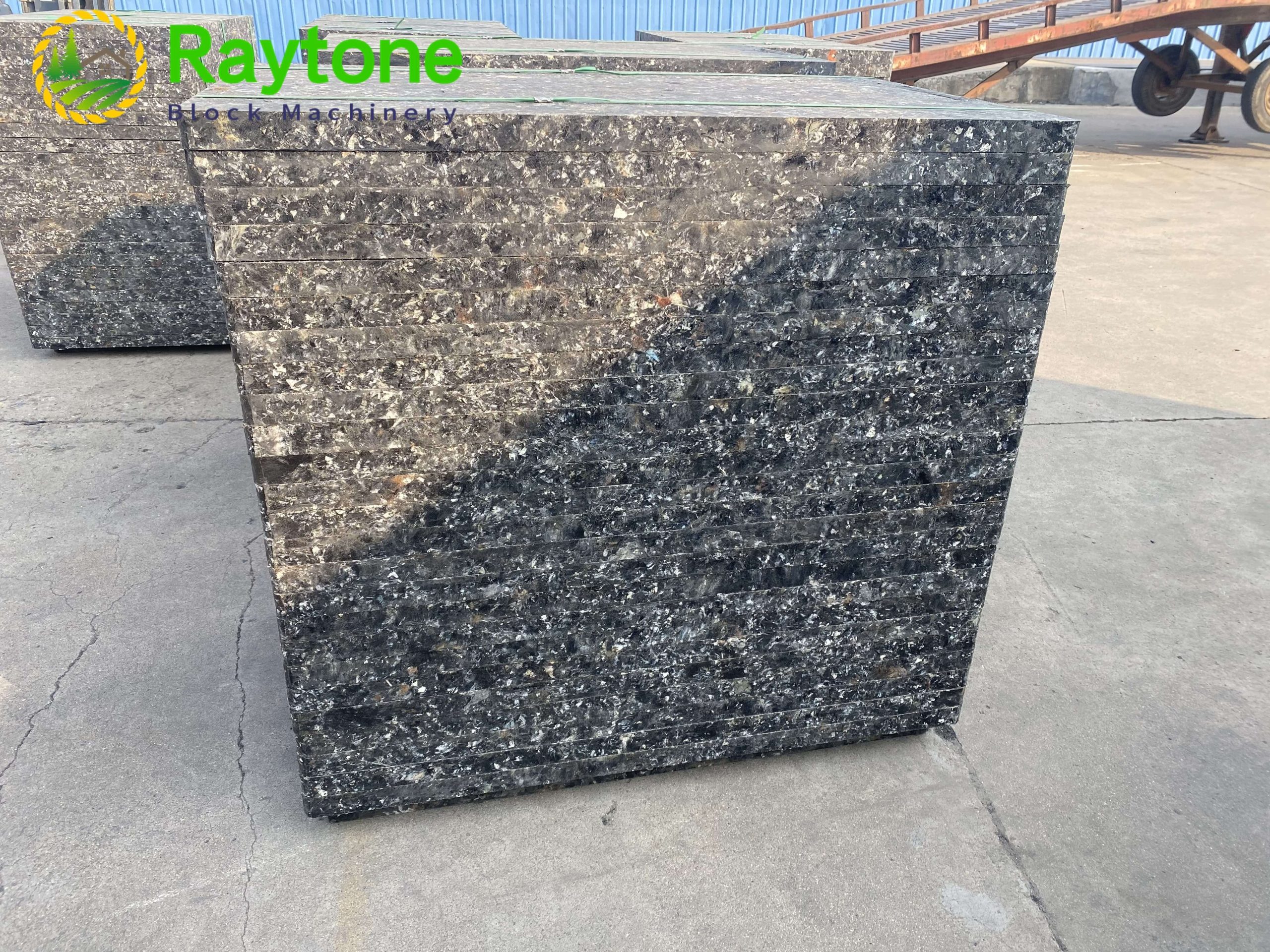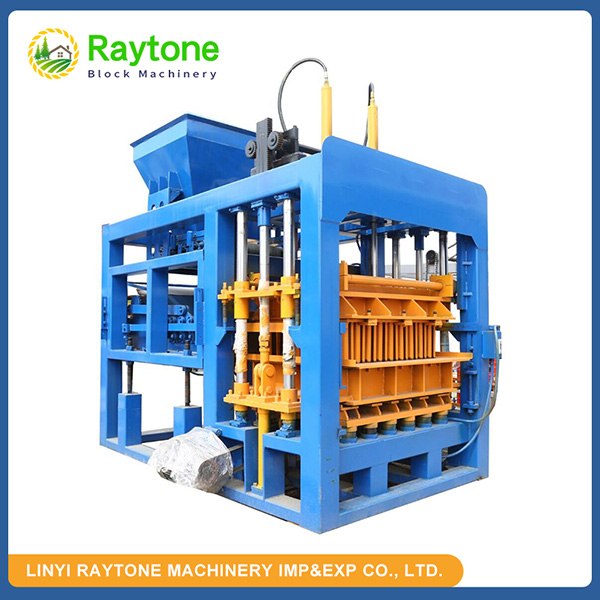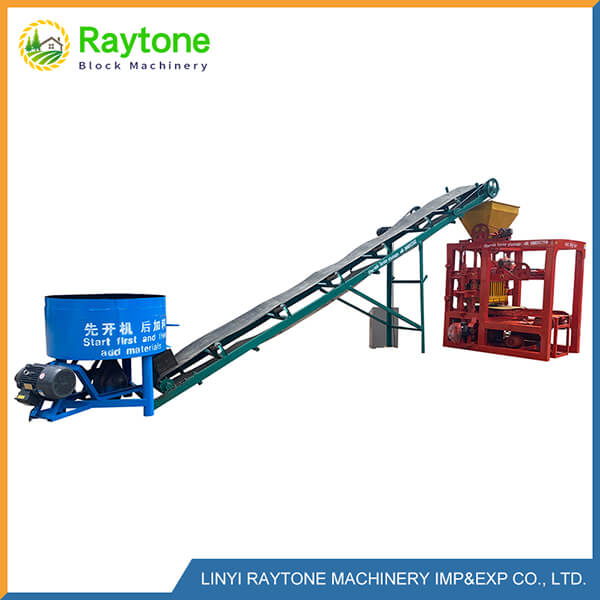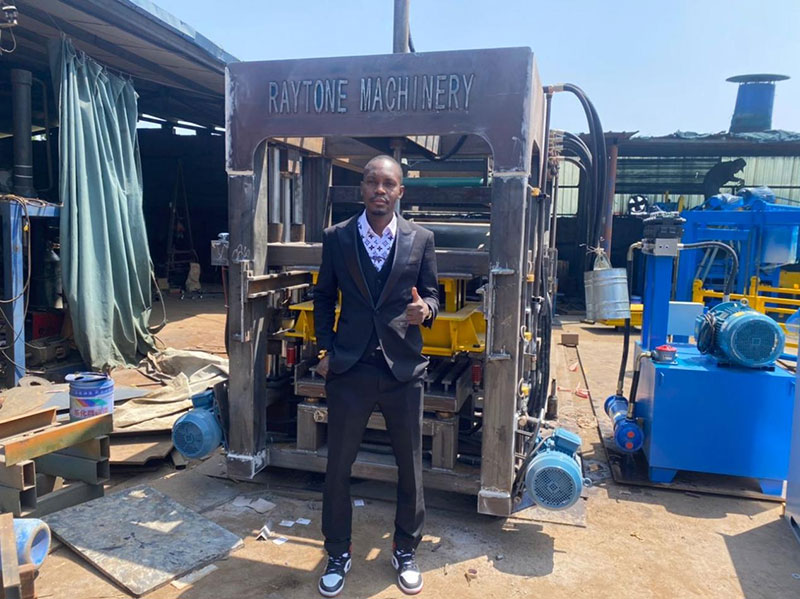Diesel engine brick machines, such as the M7MI TWIN diesel hydraform soil brick machine, can indeed be suitable for small-scale operations under certain circumstances. These machines offer portability, independence from electrical power sources, and cost-effectiveness in areas with limited infrastructure. They’re particularly beneficial for remote construction sites or regions with unreliable electricity. However, their suitability depends on factors like production volume needs, environmental considerations, and long-term operational costs. While diesel engines provide robust power and flexibility, small-scale operators must weigh these advantages against potential drawbacks like fuel costs and emissions. Ultimately, the decision to use a diesel engine brick machine for small-scale operations should be based on a thorough assessment of specific project requirements and local conditions.
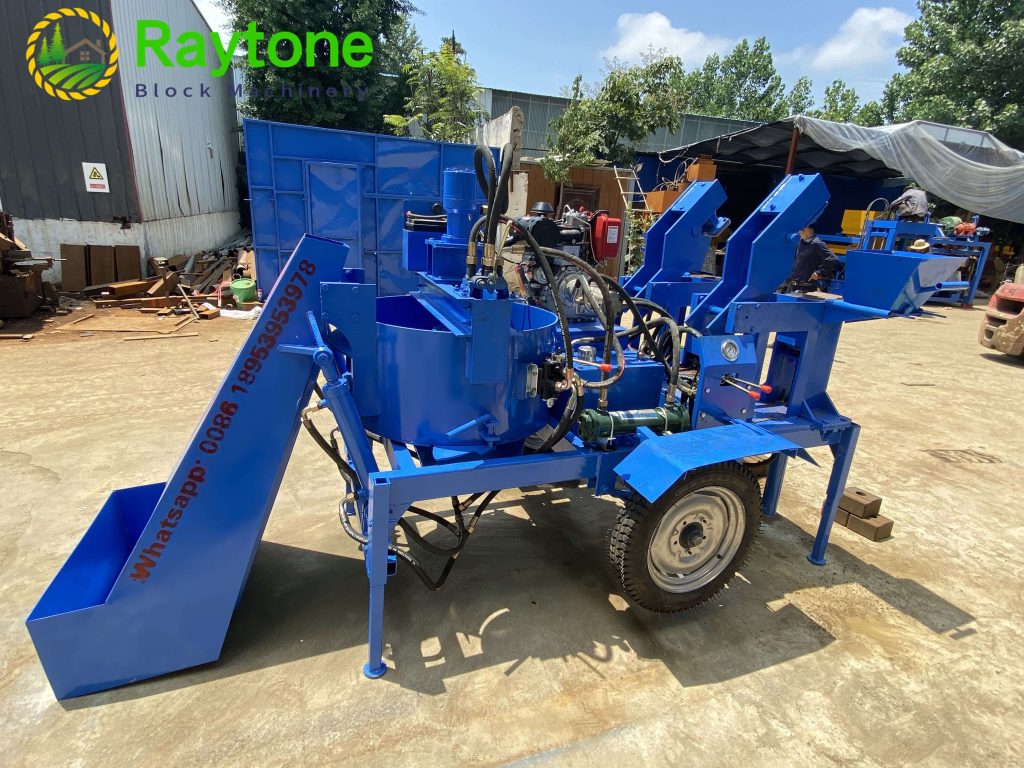
Understanding Diesel Engine Brick Machines
What are Diesel Engine Brick Machines?
Diesel engine brick machines are robust construction equipment designed to produce bricks or blocks using diesel power. These machines, like the M7MI TWIN diesel hydraform soil brick machine, integrate a diesel engine as their primary power source. This configuration allows for greater mobility and independence from external power sources, making them particularly useful in remote or underdeveloped areas.
The core components of a diesel engine brick machine typically include:
– A powerful diesel engine
– A hydraulic system for compression
– Molds for shaping the bricks
– A mixing mechanism for combining materials
– A control panel for operation
These machines can produce a variety of brick types, including solid bricks, hollow blocks, and interlocking bricks, depending on the mold used and the materials fed into the system.
How Do Diesel Engine Brick Machines Work?
The operation of a diesel engine brick machine involves several key steps:
– Material Preparation: Raw materials like soil, cement, and water are mixed in the appropriate proportions.
– Feeding: The mixture is fed into the machine’s hopper.
– Molding: The material is pressed into molds using hydraulic pressure powered by the diesel engine.
– Compression: The mixture is compressed to form solid bricks or blocks.
– Ejection: The finished bricks are ejected from the molds.
– Curing: The bricks are left to cure and harden before use.
The diesel engine provides the power needed for all these operations, ensuring consistent production even in areas without reliable electricity.
Advantages of Diesel Engine Brick Machines
Diesel engine brick machines offer several advantages, particularly for small-scale operations:
– Portability: These machines can be easily transported to different work sites.
– Independence: They don’t rely on external power sources, making them ideal for remote locations.
– Consistent Power: Diesel engines provide steady, reliable power for continuous operation.
– Versatility: They can produce various types of bricks and blocks.
– Durability: Diesel engines are known for their longevity and ability to withstand harsh conditions.
– Cost-effective: In areas with expensive or unreliable electricity, diesel-powered machines can be more economical.
These benefits make diesel engine brick machines, such as the M7MI TWIN diesel hydraform soil brick machine, a compelling option for many small-scale brick production operations.
Factors to Consider for Small-Scale Operations
Production Volume and Capacity
When considering a diesel engine brick machine for small-scale operations, production volume is a crucial factor. These machines come in various sizes and capacities, so it’s essential to match the machine’s output to your production needs.
For instance, a compact diesel engine brick machine might produce 1,000 to 1,500 bricks per day, which could be ideal for a small construction project or a local supplier. Larger models, like some variations of the M7MI TWIN diesel hydraform soil brick machine, can produce up to 3,840 bricks daily, suitable for more extensive small-scale operations.
Consider your current production needs and potential future growth. Investing in a machine with slightly higher capacity than your immediate needs can provide room for expansion without requiring an immediate upgrade.
Initial Investment and Operating Costs
The financial aspect of acquiring and operating a diesel engine brick machine is another critical consideration for small-scale operations. The initial investment for these machines can be substantial, but it’s important to view this in the context of long-term benefits and ROI.
Operating costs include:
– Fuel consumption: Diesel prices can fluctuate, impacting your ongoing expenses.
– Maintenance: Regular servicing of the diesel engine and hydraulic systems is essential.
– Raw materials: The cost of soil, cement, and other additives.
– Labor: Skilled operators may be required to run the machine efficiently.
While the upfront cost might be higher compared to manual brick-making methods, the increased production rate and consistency can lead to better profitability in the long run. It’s advisable to conduct a thorough cost-benefit analysis before making a decision.
Space and Mobility Requirements
For small-scale operations, space can often be at a premium. Diesel engine brick machines, while more compact than large industrial setups, still require adequate space for operation, material storage, and brick curing.
Consider the following spatial aspects:
– Machine footprint: Ensure you have enough space for the machine itself.
– Material storage: Raw materials need to be stored nearby for efficient production.
– Curing area: Freshly made bricks need space to dry and cure.
– Maneuverability: Ensure there’s enough room to move around the machine safely.
The mobility of diesel engine brick machines is a significant advantage for small-scale operations. Machines like the M7MI TWIN diesel hydraform soil brick machine are designed to be relatively portable. This allows for flexibility in choosing production sites and the ability to move the operation as needed, which can be particularly beneficial for construction companies working on various projects.
Environmental and Regulatory Considerations
Emissions and Environmental Impact
When considering diesel engine brick machines for small-scale operations, it’s crucial to take into account their environmental impact, particularly in terms of emissions. Diesel engines, while efficient, are known to produce higher levels of certain pollutants compared to their gasoline counterparts or electric alternatives.
Key environmental considerations include:
– Carbon dioxide (CO2) emissions: Diesel engines contribute to greenhouse gas emissions.
– Particulate matter: Diesel exhaust contains fine particles that can be harmful to health and the environment.
– Nitrogen oxides (NOx): These emissions can contribute to smog and acid rain.
However, modern diesel engines, including those used in advanced brick machines, have made significant strides in reducing emissions. Many now incorporate technologies like improved fuel injection systems, exhaust gas recirculation, and diesel particulate filters to minimize their environmental footprint.
For small-scale operators concerned about environmental impact, it’s worth investigating the specific emissions standards met by machines like the M7MI TWIN diesel hydraform soil brick machine. Some manufacturers are developing more eco-friendly versions that comply with stringent emissions regulations.
Noise Pollution and Local Regulations
Noise pollution is another important factor to consider, especially for small-scale operations that may be located near residential areas. Diesel engine brick machines can produce significant noise levels during operation, which might be subject to local regulations.
Consider the following:
– Decibel levels: Check the noise output of the machine and compare it to local noise ordinances.
– Operating hours: You may need to restrict operation to certain hours of the day.
– Sound barriers: Investigate options for reducing noise pollution, such as acoustic enclosures or strategic placement of the machine.
It’s essential to research and comply with local regulations regarding noise levels and operating hours. Some areas may have specific rules for industrial equipment used in small-scale operations, which could affect your ability to use a diesel engine brick machine efficiently.
Compliance with Industry Standards
Ensuring compliance with industry standards is crucial for small-scale operations using diesel engine brick machines. These standards not only ensure the quality of your products but also contribute to the safety and legality of your operation.
Key areas of compliance include:
– Product quality standards: Ensure the bricks produced meet relevant building codes and standards.
– Machine safety standards: The equipment should comply with safety regulations to protect operators.
– Emissions standards: As mentioned earlier, the diesel engine should meet current emissions regulations.
– Occupational health and safety: Proper training and safety measures must be in place for operators.
For small-scale operators, it’s advisable to choose machines from reputable manufacturers that adhere to these standards. This not only ensures compliance but can also lead to better product quality and operational efficiency. When considering machines like the M7MI TWIN diesel hydraform soil brick machine, look for certifications and compliance documentation that demonstrate adherence to relevant industry standards.
By carefully considering these environmental and regulatory factors, small-scale operators can make informed decisions about incorporating diesel engine brick machines into their operations, balancing productivity with responsibility and compliance.
Conclusion
In conclusion, diesel engine brick machines, including models like the M7MI TWIN diesel hydraform soil brick machine, can be suitable for small-scale operations under the right circumstances. They offer significant advantages in terms of mobility, independence from electrical grids, and consistent power output. However, their suitability depends on factors such as production volume needs, initial investment capabilities, space availability, and compliance with environmental and regulatory standards. Small-scale operators must carefully weigh these factors against their specific operational needs and local conditions. While these machines can provide an efficient solution for brick production in various settings, it’s crucial to consider long-term costs, environmental impact, and regulatory compliance. Ultimately, the decision to invest in a diesel engine brick machine should be based on a comprehensive assessment of your operational goals, financial resources, and commitment to sustainable practices.
Contact Us
Ready to explore how diesel engine brick machines can benefit your small-scale operation? At Raytone Machinery, we’re committed to providing cost-effective, high-quality block-making solutions tailored to your needs. Our range includes the versatile M7MI TWIN diesel hydraform soil brick machine, designed for performance and reliability. Let us help you find the perfect match for your production requirements. Contact us today at hazel@raytonechina.com to learn more about our products and how we can support your business growth.
References
- Smith, J. (2022). “Advancements in Diesel Engine Technology for Construction Equipment.” Journal of Construction Machinery, 45(3), 112-125.
- Brown, A. et al. (2021). “Environmental Impact Assessment of Small-Scale Brick Production Methods.” Environmental Science & Technology, 55(8), 4567-4580.
- Johnson, L. (2023). “Cost-Benefit Analysis of Diesel vs. Electric Powered Brick Machines for Small Enterprises.” Small Business Economics Quarterly, 18(2), 78-92.
- Garcia, M. and Lee, K. (2022). “Noise Pollution Mitigation Strategies in Urban Construction Sites.” Urban Planning and Development, 30(4), 301-315.
- White, R. (2021). “Regulatory Compliance in Small-Scale Construction Material Production.” Journal of Building Standards, 40(1), 55-70.
- Thompson, E. et al. (2023). “Innovations in Sustainable Brick Production for Developing Economies.” Sustainable Construction Materials, 12(3), 210-225.


